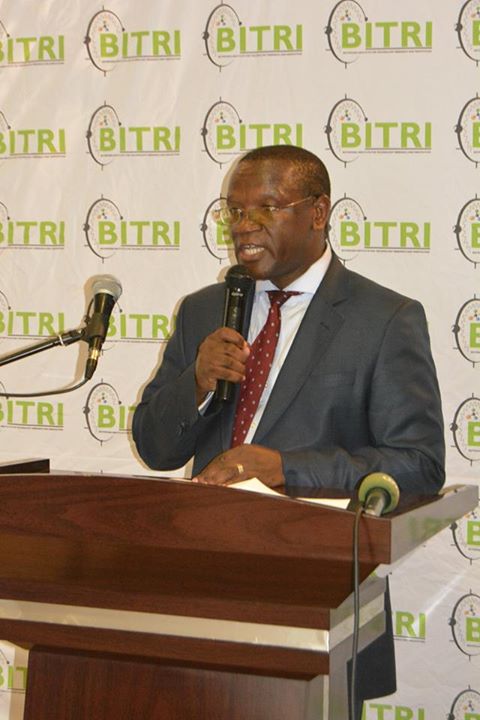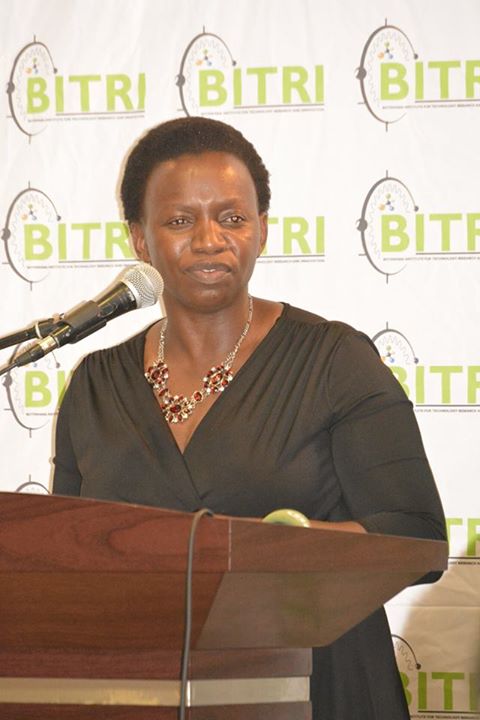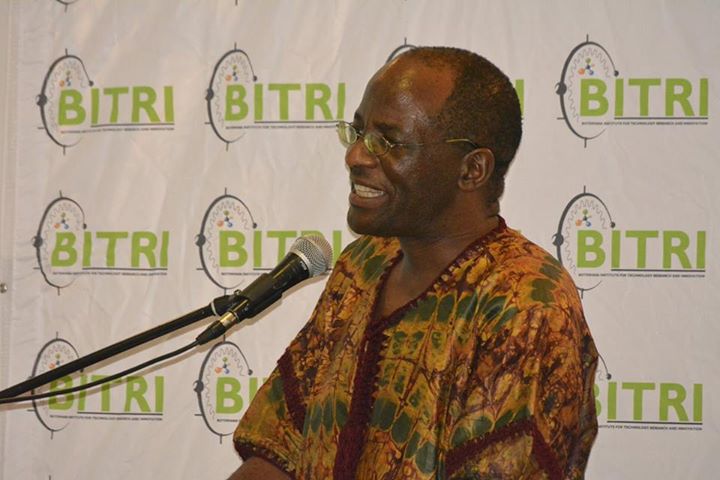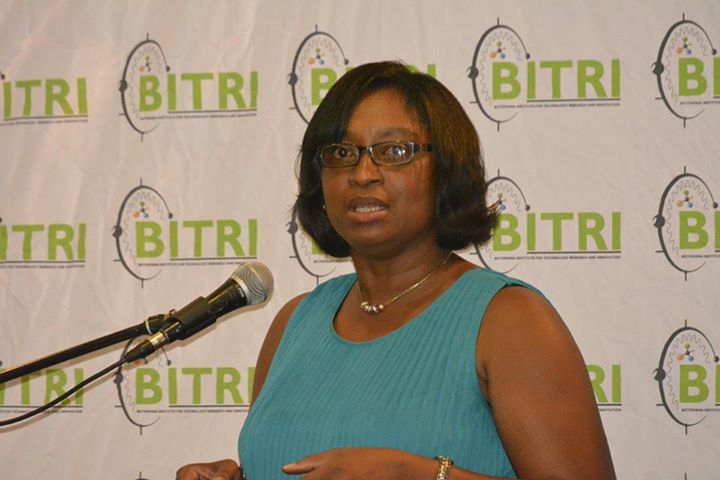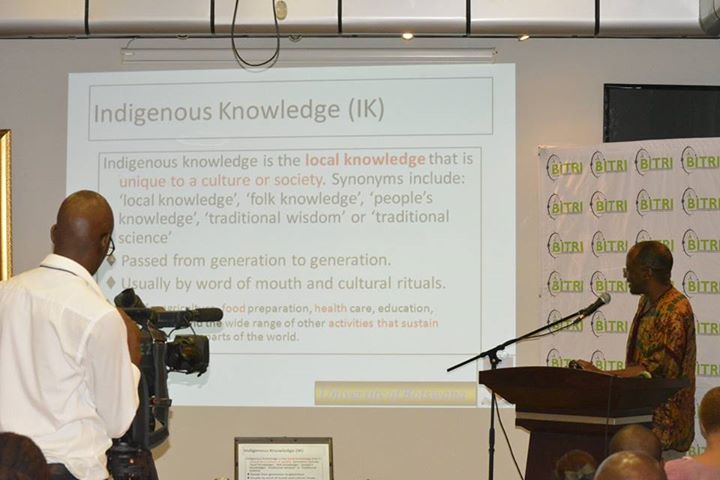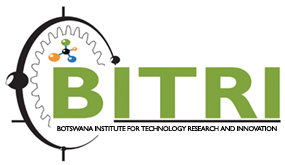February 12, 2015
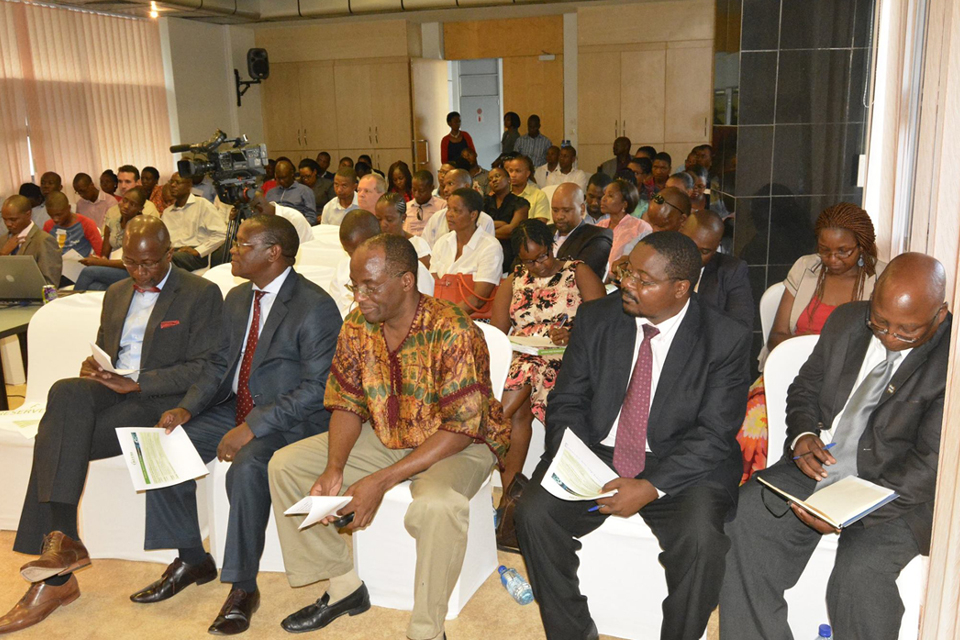
The Botswana Institute for Technology Research and Innovation (BITRI) held its fourth Public Seminar on Tuesday10th February, 2015. The guest speaker at the event was Professor Runner Majinda, an accomplished scholar and the current Director for the Centre for Scientific Research, Indigenous Knowledge and Innovation (CesrIKi) at the University of Botswana. The topic for seminar “Plants, Indigenous Knowledge, Health and Nutrition – The Connection,” attempted to explore how indigenous knowledge systems could be commercialized into acceptable market-ready products and services.
In his Welcome Remarks, the BITRI Board Chair, Professor Otlogetswe Totolo encouraged stakeholders not shy away from traditional knowledge in Africa, but embrace it, citing examples where IKS has driven economies of some developed countries and other economies in Africa.
Prof. Majinda, who is also a Professor of Organic Chemistry (Natural Products Chemistry) at University of Botswana, made an informative and poignant presentation that made the link between plants, their role in indigenous knowledge and their pharmacological characteristics and benefits, citing some of the well-known albeit underexploited plants such as monepenepe. Prof. Majinda also enlightened the audience about the variation in chemical composition depending on season, weather, and geographic location amongst others witnessed in plants and called for in-depth research and development in order to achieve product standardization, packaging, and a continuous intensive public education programme to dispel misconceptions about indigenous knowledge, specifically medicine.
The seminar was also graced by Southern African Network for Biosciences (SANBio) Network Manager Dr. Ereck Chakauya, who is also a Senior Scientist at CSIR visited various research institutions and Government Ministries in Botswana to share information about SANBio, in particular their grant programme that will be announced soon. The local representative for SANBio is NFTRC.
Various quarters agreed that indigenous knowledge can indeed drive socio-economic growth in pertinent communities with models that encourage co-creation and co-ownership of intellectual property and sharing of economic benefits.
Several organisations namely University of Botswana, SANBio, NFTRC, BoFiNet, MoESD, DFCS-UB, CESRIKI, Moshupa SSS, NEPAD – SANBio, Centre for Applied Research, DAR; media houses in the form of Botswana Television news, BOPA, Radio Botswana news, Business Weekly & Review; as well as private sector representatives and students from selected tertiary institutions attended the Seminar.

